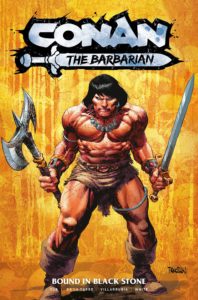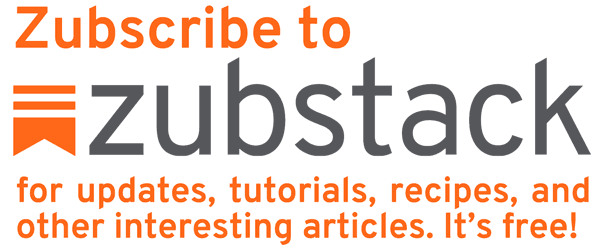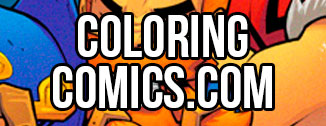Yesterday’s announcement about Wayward being optioned for TV development by Manga Entertainment was an absolute whirlwind. I received dozens of messages from friends, family, colleagues, retailers, long-time readers, and complete strangers congratulating myself and the rest of the team. It’s a big milestone and one I’m certainly not taking for granted. However, I do want to clarify some important things because I’m already noticing people making assumptions about what this means or where we’re at:
A media option does not mean a dump truck of money showed up at my place.
I’m not rich.
Creator-owned comics are still an uphill climb.

Let me clarify what an ‘option’ is and how it works in broad non-contract specific terms:
An ‘option’ means a company is reserving the opportunity to purchase media rights to a particular property in the future. They do this so they can confidently seek out possible production partners and financing without wondering if it will be worth the trouble or what it will cost later. The contract we’ve signed includes terms that specify what rights they would be able to secure, what it would cost, our particular involvement if that purchase is executed, and how long they have to do all of that before the option lapses and we’re free to negotiate with other parties. In short, they’ve paid to secure our interest for a set period of time. It’s a crucial first step in media development.
Most entertainment companies don’t option properties unless they feel they’re something worth investing in. There are stories of properties being optioned just to keep it out of other people’s hands or to bury it so it can’t compete with similar productions already in development but, thankfully, that’s not the case here. The gang at Manga are aggressively pursuing Japanese production partners and are using the extensive network of contacts they’ve built up over the past 26 years to make that happen. Once they’re able to get those details nailed down, ideally, they execute the option purchase and we go fully into production.
What’s immediately beneficial to us right now is the visibility boost that comes from this announcement. In a very crowded comic market, we’re able to stand out a bit more than before. That will hopefully lead to increased interest and sales so we can keep the book rolling and deliver the best story possible. Making Wayward the comic is our top priority.
Can this media thing fall through?
Yes, but so far all signs are moving in a positive direction. We wouldn’t have signed this deal if we didn’t think it would move forward and neither would Manga.
Have you been paid?
We’ve received a small amount of money for the option. The majority of that has been put into our ‘war chest’ to pay for future comic production.
So you’re not quitting your day job?
Correct. Still working away. Lots to do.
They didn’t bring a dump truck of money to your house?
Also correct. No dump truck.
Can you turn my idea into an anime?
No. I don’t even know how to do that. This is all new for me too.
I can’t go into the specifics of our particular contract, but I will give some broad tips:
Every media development deal is different. If you’re fortunate enough to be approached about an option, don’t let anyone tell you there’s one boilerplate ‘media deal’ and you have to sign it as-is. Everything is negotiable. Seriously. There are elements I didn’t think would be possible that we put right in the deal in black and white.
Common sense and good intentions are not a contract. Everyone can get along well and want the same things at the start, but these kinds of deals are signed with companies, not people. Companies change. People leave. The only obligations a company has is what’s outlined in the deal you signed. Don’t make assumptions. Make sure the terms and obligations are clear for all parties involved.
Don’t sign anything without getting legal advice. Even if a contract looks straight forward, they can be surprisingly complex and have ramifications you never imagined at the time. The more I learn about this aspect of the business, the more thankful I am that I have good people helping me navigate these waters.
Be willing to walk away. If you can’t make the above work, you have to be willing to let a deal go rather than sign a bad one. Patience, persistence, and a level head are crucial when going into this kind of stuff. This particular conversation about Wayward media rights started in August of 2015 and didn’t really start coming together legally until about 6-7 months ago. It can take a while and you need to stay focused on what’s important.
I feel incredibly fortunate that we’ve made this step forward and I’m hopeful about where it’s all headed. As soon as I can reveal more about the future of Wayward the TV Show, I definitely will. Until then, please keep telling people about the series and if you’re not caught up on the story, consider snagging our collected volumes or catching up digitally on comiXology.
Otherwise, thank you for all the kind words and encouragement! None of this could have happened without support from readers and retailers like you!






 Zub on Amazon
Zub on Amazon Zub on Instagram
Zub on Instagram Zub on Twitter
Zub on Twitter
You forgot one FAQ: “Is my Wayward #1 now worth 50 kajillion dollars?”
I did buy several copies of issue number 1. Congrats. It’s an incredible book that your team all worked hard on making.